Bioethics Forum Essay
What Really Causes Autism and What We Should Do About It
I recently met Billy, a 12-year-old boy with severe autism. He had been growing well but, at around age 3, he became increasingly delayed in speaking and walking. As he got older, he would frequently scream unconsolably when upset. and have temper tantrums and meltdowns, spilling and throwing food all around him, and difficulty understanding spoken language or learning. Eventually, testing showed that he had an IQ of 70—in the category of intellectual disability.
To determine the cause of his difficulties, his parents entered a study, through which I met him. As part of the study Billy and his parents underwent genetic testing, which revealed that he had a new, or “de novo,” mutation that neither of his parents possessed, an error in the “cutting and pasting” of his DNA. As an embryo rapidly copies DNA, creating billions of cells to form an infant, mistakes occasionally get made. We each have about 1,000 such errors. The vast majority have no effect. But sometimes they do, causing various conditions, including autism. About 20% of autism cases, including Billy’s, result from a de novo genetic variation.
Recently, given Robert F. Kennedy, Jr.’s attacks on vaccines as the cause of autism, I have been thinking about Billy. Kennedy’s assaults, dissuading Americans from getting immunizations, are already causing outbreaks of measles and will soon likely spread otherwise preventable diseases, including polio and influenza, potentially killing thousands of Americans.
His critics have focused on why he shouldn’t attack vaccines, but crucial questions also arise about what does in fact cause autism and how to prevent and address it.
Autism spectrum disorder affects 1 in 31 eight-year-olds in the United States, and has been increasing for reasons that are not entirely clear. The theory that vaccines cause autism has, in fact, long been disproven. The only study that purported to support this theory was completely fabricated—the author claimed that 50% of children developed autism after getting vaccines, when in fact none of these children did so.
Instead, autism has been rising in large part due to better detection and expanded criteria for diagnosing it. Diagnosis also varies among socioeconomic groups (ranging from 1 in 103 in certain areas in Texas to around 1 in 19 in California), with much higher prevalence in wealthy than in poor families, and in white than Black families. There is no reason to think, however, that wealthy white people in fact are more likely to have autism than poorer Black individuals. Instead, the rates vary due to different rates of screening and detection. We are also now defining the condition far more broadly. Millions of children who had previously been diagnosed with intellectual disabilities are now considered autistic as well.
Environmental factors also play roles, including a mother’s obesity, older age, diabetes caused by pregnancy, polycystic ovary syndrome, and exposures to various pesticides and infections. Intracytoplasmic Sperm Injection (or “ICSI”), used as part of in-vitro fertilization, injects sperm directly into eggs to increase the odds of fertilization. It was developed and intended for use with men with low sperm counts, but it is now used in most IVF. It turns out to double the rate of intellectual disabilities and autism in the offspring.
Some autistic people argue that the cause does not matter, and that we instead just need greater acceptance. Unfortunately, society commonly stigmatizes autistic people, failing to accommodate them, impeding these individuals’ optimal functioning. Certainly, we should shift social attitudes and better accommodate neurodiverse people.
Yet knowledge that the cause of a child’s autism is genetic has helped countless people. Billy’s parents and many others found that learning the reason for their child’s symptoms reduced their guilt. Billy’s mother had feared that maybe the glass of wine she drank before she knew she was pregnant was the trigger.
Billy’s parents had been afraid to have another child because of the risk of autism. But the fact that Billy’s autism was a chance occurrence convinced them that they could have another child, if they wanted, and that the risk of the condition would not be elevated.
Genetic variations have not been identified for all autistic people—the science is still new. But the fact that numerous people have them should encourage us to continue to fund research seeking the causes, and potential medical or psychosocial interventions and services for people who may want them.
Unfortunately, while the Trump administration, through Kennedy, seeks to reduce autism with attacks on vaccines and intentions to reduce certain ingredients in food, the administration is also eliminating vital research at the Environmental Protection Agency, the National Institutes of Health, and the Centers for Disease Control and Prevention to discover the actual causes of autism and how to address them.
If our goal is indeed to decrease suffering from autism, we need to rely on facts, not assumptions and ideologies, and heighten efforts in schools and clinics to identify autistic children, especially those who are poorer and not white, to provide appropriate services for them. Yet, the Trump administration has gutted the Department of Education, which could lead, coordinate, and oversee such programs.
We should restore support for vaccines but also fund essential research to develop educational programs for schools and healthcare providers to enhance autism diagnosis, acceptance, accommodation, and services. Kennedy’s focus on vaccines will not only spread fatal infectious diseases but will also deprive countless autistic people and their families of what they need.
Robert Klitzman, MD, is a professor of psychiatry at the Vagelos College of Physicians & Surgeons, and director of the online and in-person Bioethics Masters and Certificate Programs at Columbia University, and a Hastings Center Fellow. He is the author of Doctor, Will You Pray for Me?: Medicine, Chaplains and Healing the Whole Person. @Robertklitzman @RobertKlitzman.bsky.social LinkedIn Robert-Klitzman
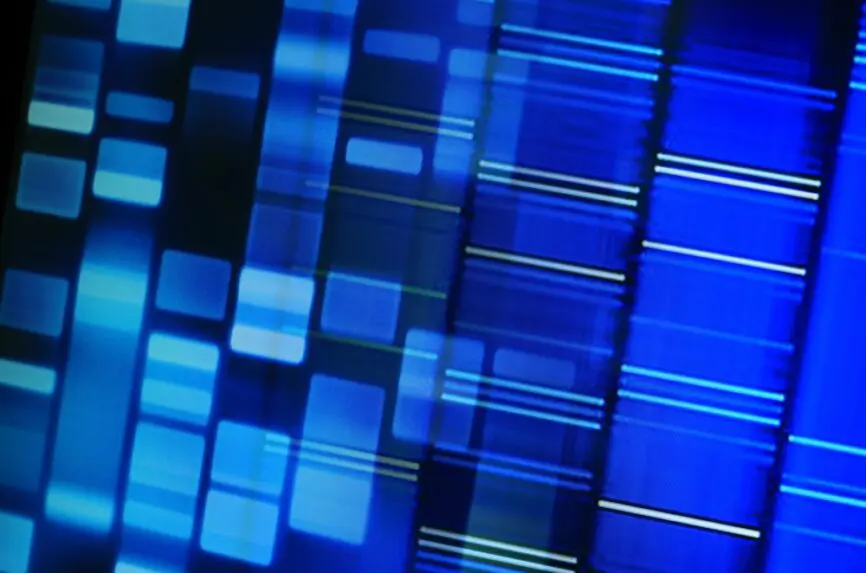

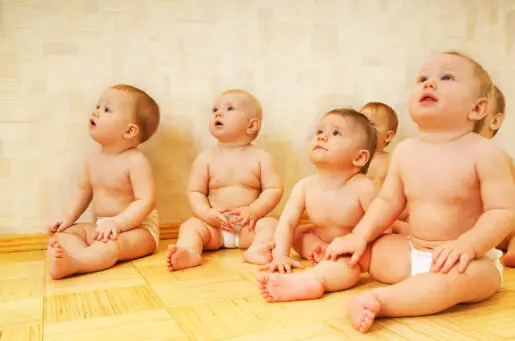
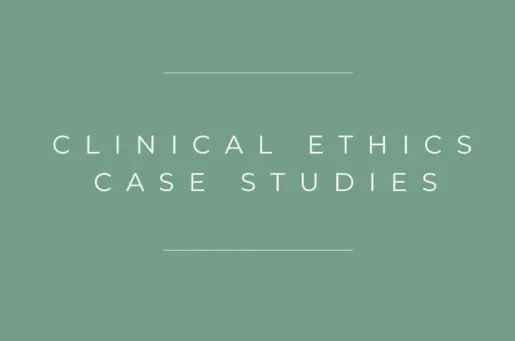
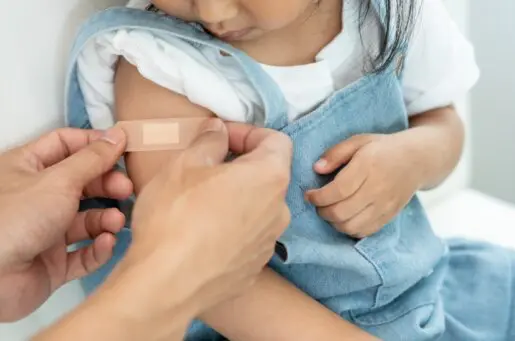
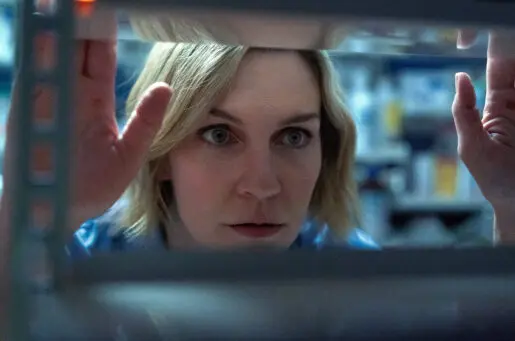



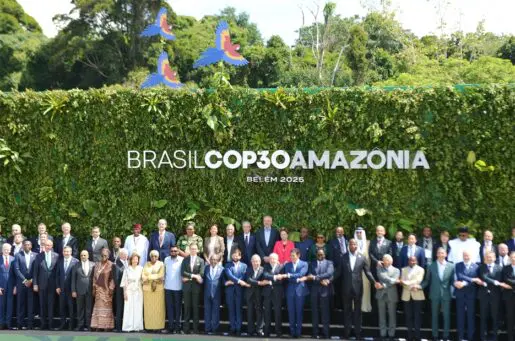


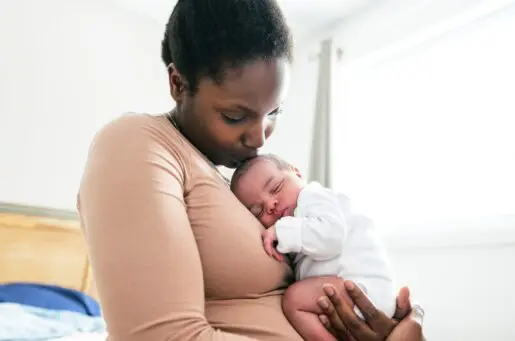
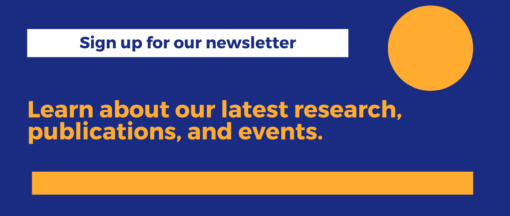
It is very reasonable to attribute much of the recent “epidemic” of autism to improved diagnostics. (The same is likely true of ADHD, which often overlaps with it.) Neither diagnosis existed in the 1950s when I entered elementary school. I remember one amazing teacher who noticed that I had a different “creative” method of working the arithmetic problems. She took the time to look at my work and ask me to explain. Instead of crushing my spirit by forcing me to do what all the other students were doing, she said that she understood my method and that it would yield correct answers. She let me do the problems my way. I’m sure many other students of my generation did not get that kind of encouragement.
In today’s world, that alone would trigger diagnosis, not to mention difficulty looking people in the eye. As it was, I went on past age 50 before being properly tested. I had managed to function reasonably well as a health professional, but the testing really helped by identifying both strengths and weaknesses. With coaching, I learned to leverage the strengths to compensate for the areas where I tested lower. The subsequent 20 years have been more rewarding and I have achieved things I would have missed otherwise.
High functioning individuals still benefit from this kind of help. We had an autism awareness month at work last year, and I was pleased to see many people join in. A number of them were managers, indicating that they performed well enough to be promoted.
It’s not clear how many people with autism have added to the reported numbers in this manner, but it certainly accounts for part of the observations. PLEASE stop blaming vaccines for this before it’s too late.
Autism being on the rise makes everyone frightened. The fact its rate of diagnosis has increased drastically since the 1970’s is alarming. Not knowing the exact reason for the diagnosis is even scarier. I’ve realized that until a definitive reason for its causation is identified that vaccines will always be deemed responsible. Until an extensive study overtime about vaccines and the rate of autism is done the fear of vaccines will never go away.
Not only are children affected but their families are as well. Families of individuals with autism deal with guilt and sometimes shame. Not knowing how it was caused automatically makes a mother feel like she did something wrong. Also, “older” fathers have been held possibly “responsible” for causing their child to have autism. I think the not knowing has been cruel for our society. It has caused some parents to carry unwarranted guilt because the causation hasn’t been identified.
The bioethics perspective is that we can’t only discover ways to improve care for the increased number of autistic individuals while simultaneously not advocating for more research. The degree of detail and planning that was suggested in this post for services to care for people should also be applied to ensuring our vaccines are safe. Children are put on a vaccine schedule that if not followed prevents them from enrolling into school. This prevention causes children to quickly fall behind in their educational advancement which can cause stumbling blocks. This rule indirectly forces parents to vaccinate their children. Parents that are worried about the information that has been exposed by Robert F. Kennedy don’t have a choice.
I think it imperative for our society to advocate for these concerns to be fully researched and answered. By just accepting that the rate of diagnosis of autism have increased and finding ways to care for these individuals is not enough. If the rate of diagnosis continues, we may have a society that has more autistic people, then people without it.
My hope is that we will be able to resolve this puzzling question. I’m looking forward to more research being done on autism so that our society can have peace. I would prefer if all government officials in a position of power could come to a resolve concerning vaccines.